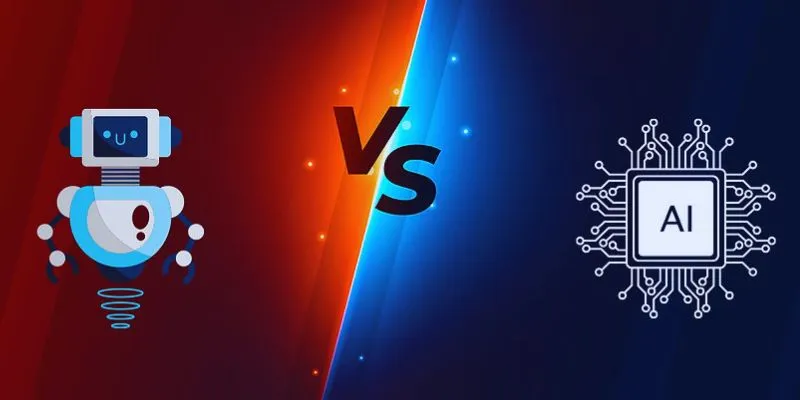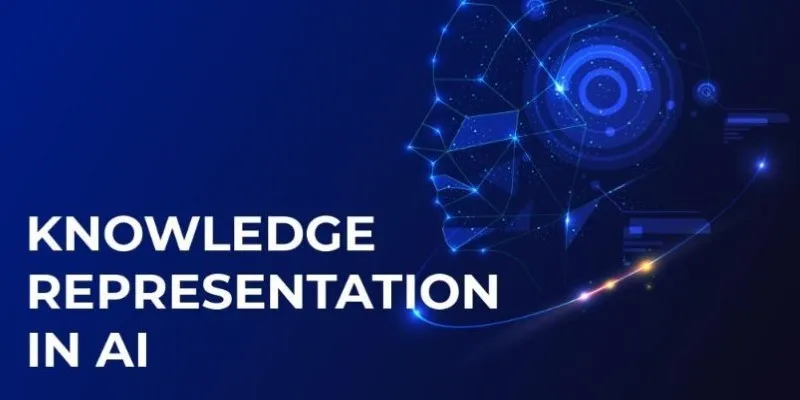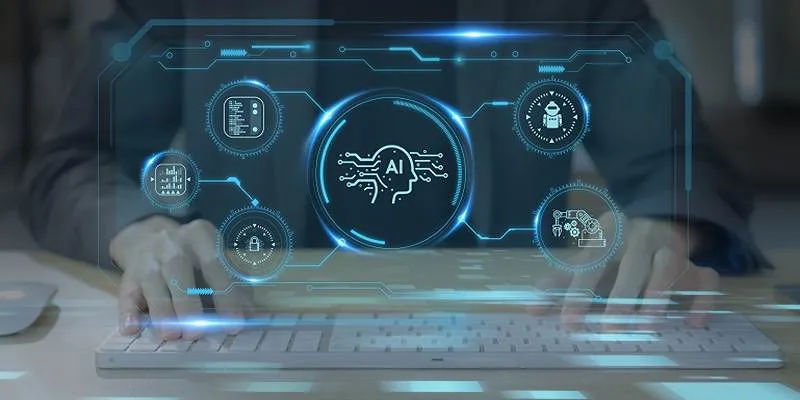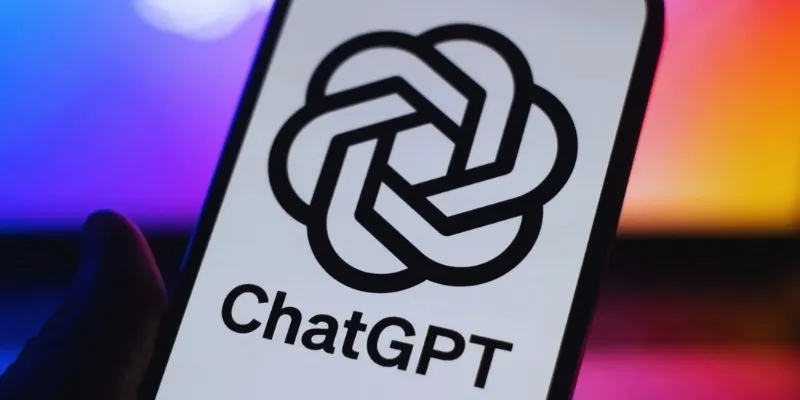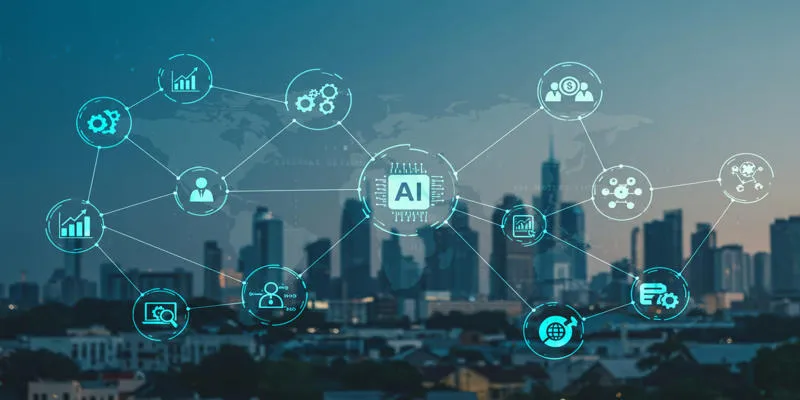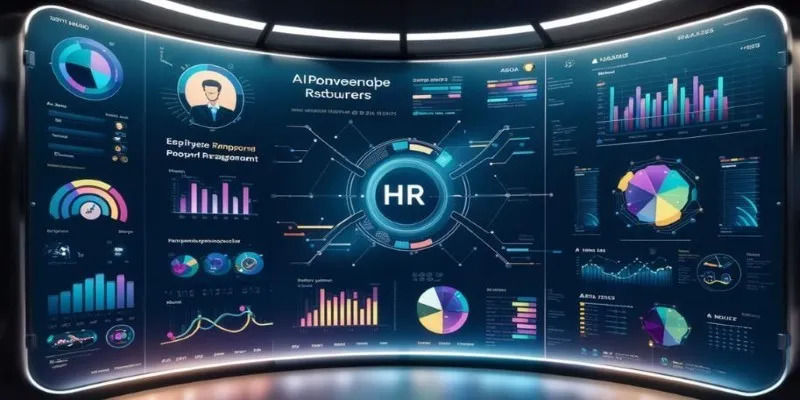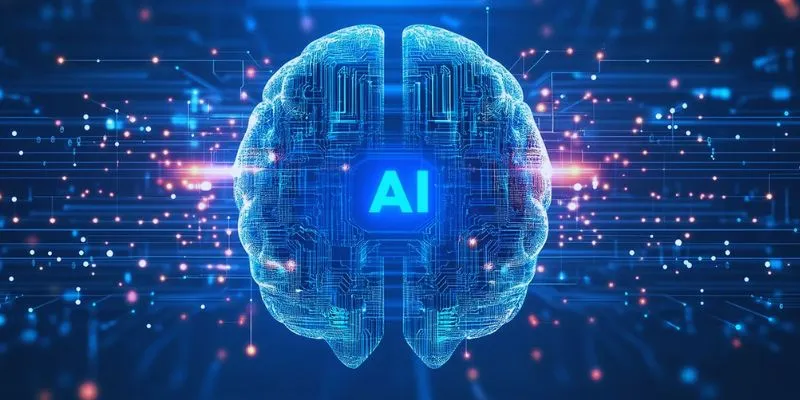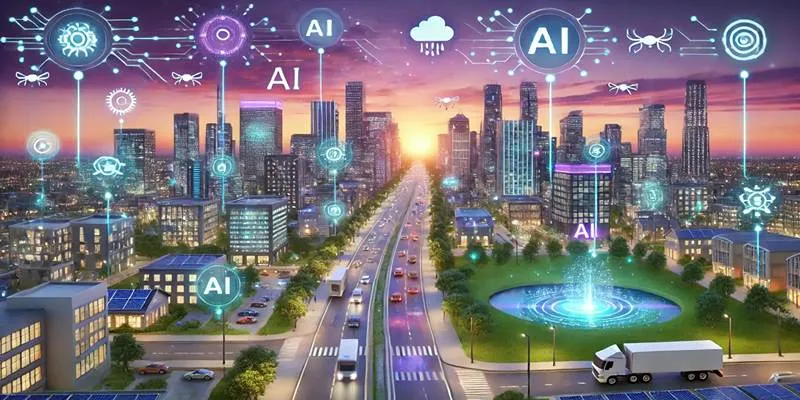As artificial intelligence continues to shape our world, its ethical implications are becoming increasingly important. From self-driving cars to decision-making algorithms, AI is impacting nearly every aspect of our lives. However, with this immense power comes a responsibility to ensure that these technologies are developed and used ethically.
AI ethics is about ensuring that these innovations align with our values and ensure fairness, transparency, and accountability. It’s not just a matter of avoiding harm; it’s about creating AI that benefits society as a whole without reinforcing bias or inequality. The future of AI depends on how we handle its ethical challenges.
Understanding AI Ethics
AI ethics refers to the study of the moral implications and responsibilities associated with the development, deployment, and use of AI technologies. It covers a wide range of topics, from fairness and transparency to privacy, accountability, and bias. The goal is to ensure that AI systems are designed and used in a way that aligns with human values and promotes positive social outcomes.
Fundamentally, AI ethics is all about balancing innovation with responsibility. With AI’s increasing capability and ubiquity comes potential threats. Developers and policymakers need to consider the ethical implications of AI use to protect rights and ensure that AI serves everyone, not just privileged groups.
Why Does AI Ethics Matter?
AI can solve complex problems and transform sectors, but it can also present dangers that may harm individuals, groups, and even societies as a whole. There are several reasons why AI ethics is so vital:
Bias and Fairness
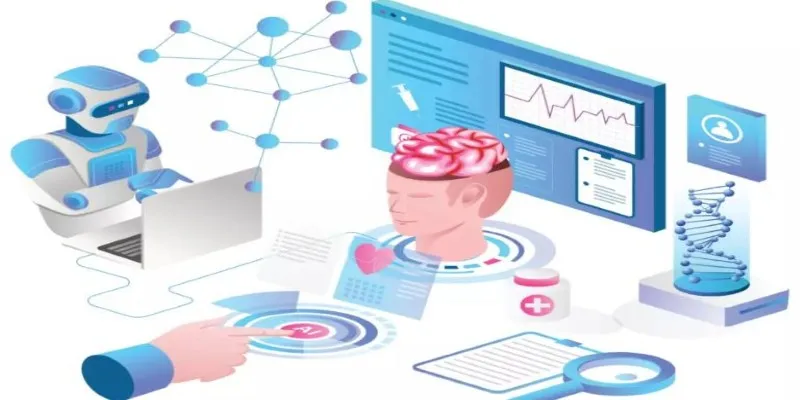
AI systems learn from data, and if the data itself is biased, the AI inherits and may even amplify those biases. This can create unfair outcomes, especially in sensitive areas such as hiring, law enforcement, and lending. Fairness in AI is about building systems that treat everyone equally and without discrimination.
Transparency and Accountability
Many AI systems, especially those based on machine learning, can be complex and difficult to understand. This lack of transparency can make it hard to know how decisions are being made. In critical areas like healthcare or criminal justice, clear accountability for AI-driven decisions is essential. If an AI system makes an error or harms someone, who is responsible?
Privacy
AI technologies often rely on vast amounts of personal data to function, raising concerns about data privacy and security. If personal information is mishandled or used without consent, it can lead to breaches of privacy and undermine public trust in AI systems.
Impact on Employment
AI has the potential to automate many tasks currently performed by humans. While this can lead to increased efficiency and lower costs, it also raises concerns about job displacement and the future of work. Ethical considerations must address how to mitigate the negative impact on workers and ensure a fair transition to an AI-driven economy.
Social and Economic Inequality
AI can exacerbate existing inequalities if its benefits are not distributed equitably. For example, access to AI technology and the opportunities it creates might be limited to certain groups, leading to a digital divide. Ethical AI development involves ensuring that AI technologies are accessible to all and do not contribute to widening social and economic gaps.
The Role of Developers and Policymakers
AI developers and policymakers play a critical role in shaping the future of AI ethics. Developers are responsible for designing AI systems that are transparent, fair, and accountable. They must ensure that their algorithms are free from bias and that the data used to train them is representative of diverse populations.
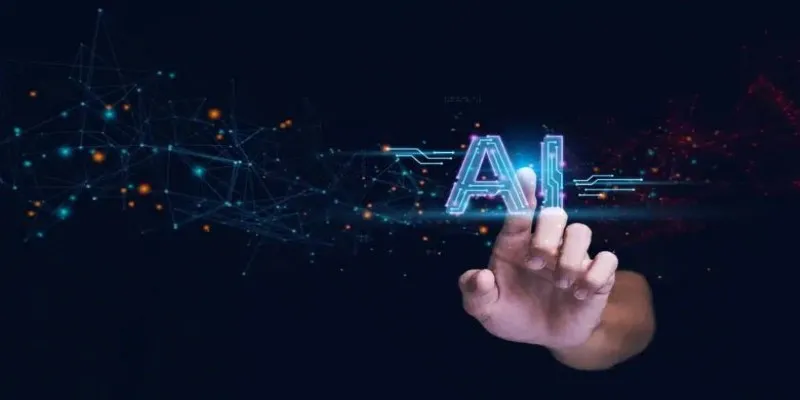
Policymakers, on the other hand, must create laws and regulations that promote ethical AI development while also fostering innovation. This can be a delicate balance. Too much regulation could stifle innovation, while too little could lead to unchecked misuse of AI technologies. Striking the right balance is essential to ensure that AI serves the public good.
Governments and international organizations are increasingly recognizing the importance of AI ethics. For example, the European Union has proposed regulations that set clear standards for AI, focusing on ensuring safety, transparency, and accountability. These regulations also emphasize the need for human oversight, ensuring that AI systems do not operate in ways that could cause harm to individuals or society.
The Future of AI Ethics
As AI continues to evolve, so too will the ethical challenges associated with it. The future of AI ethics will likely involve addressing even more complex issues, such as the development of artificial general intelligence (AGI), the role of AI in military applications, and the potential for AI to manipulate or control information.
One area that is gaining increasing attention is the ethics of AI in decision- making. As AI systems take on more responsibility in critical areas like healthcare, finance, and law enforcement, ensuring that they make decisions that align with human values becomes even more crucial. There will be a need for ongoing research and dialogue to ensure that AI systems operate in ways that are not only effective but also ethical.
The potential for AI to create new social, economic, and political dynamics also requires careful consideration. The widespread adoption of AI could lead to shifts in power, where those who control AI technologies have significant influence over society. As such, ethical considerations around power, governance, and the control of AI systems will be critical in the coming years.
Conclusion
AI ethics is crucial to ensuring that artificial intelligence serves humanity responsibly and equitably. As AI continues to evolve, ethical considerations around fairness, transparency, accountability, and privacy become increasingly important. Developers, policymakers, and society must work together to create systems that respect human values and prevent harm. Addressing these ethical challenges will help ensure AI benefits everyone and avoids deepening existing inequalities. By prioritizing ethics in AI development, we can harness its potential for positive change while safeguarding the rights and well-being of individuals and communities worldwide.
 zfn9
zfn9

